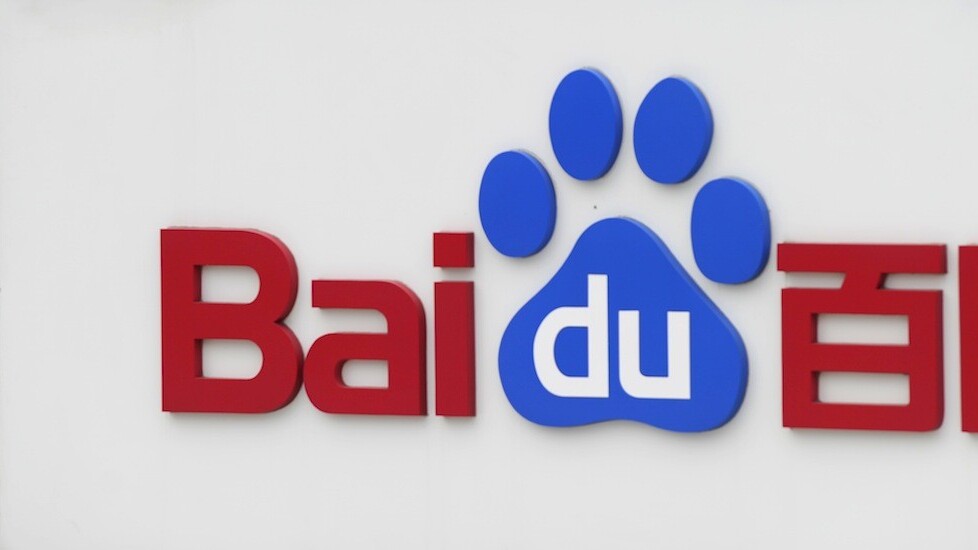
Google took the wraps off its self-driving cars in May, and now Baidu — commonly known as China’s Google — has also revealed that it is working on a similar project. Kai Yu, the head of Baidu’s Institute of Deep Learning, told TNW in an interview that the company doesn’t view it as a driverless car, as he still envisions a driver being in control.
“This is actually an intelligent assistant collecting data from road situations and then operating locally… We don’t call this a driverless car. I think a car should be helping people, not replacing people, so we call this a highly autonomous car,” Yu told us.
Technically, however, the car can actually operate without the driver controlling it under certain situations.
Philosophically we have a fundamental difference to look at this type of things. I think in the future, a car should not totally replace the driver but should really give the driver freedom. Freedom means the car is intelligent enough to operate by itself, like a horse, and make decisions under different road situations.
Whenever the driver wants to resume control, you can do that. It’s like riding on a horse, rather than just sitting in a car where you only have a button.
Yu was referring to Google’s self-drive cars, which don’t need a human to intervene at all — meaning there isn’t a steering wheel, accelerator pedal or brake pedal. Instead, software and sensors replace all of those.
Baidu’s smart car, on the other hand, will still have a steering wheel. We have to wait for next year to get an idea of how it will look like, as Yu said that the first prototypes will be produced some time in 2015.
Baidu has a lofty goal for its partial self-drive cars though. Yu said that first of all, the company is focused on improving human safety, given that pedestrians in China tend to behave more recklessly when walking on the roads, and massive traffic jams plague big cities such as Beijing and Shanghai.
As a Chinese search company, Baidu is well-placed to develop a different self-drive car from what Google has planned for the Western world. Other than the obvious fact that Google doesn’t operate in China after exiting the country in 2010 amid censorship concerns, Baidu has also amassed a large amount of data from its location-based system in the country — that massive data will be required to ‘train’ machines (in this case, the cars) to learn and respond accordingly to triggers.
Headline image via Liu Jin/AFP/Getty Images
Get the TNW newsletter
Get the most important tech news in your inbox each week.




